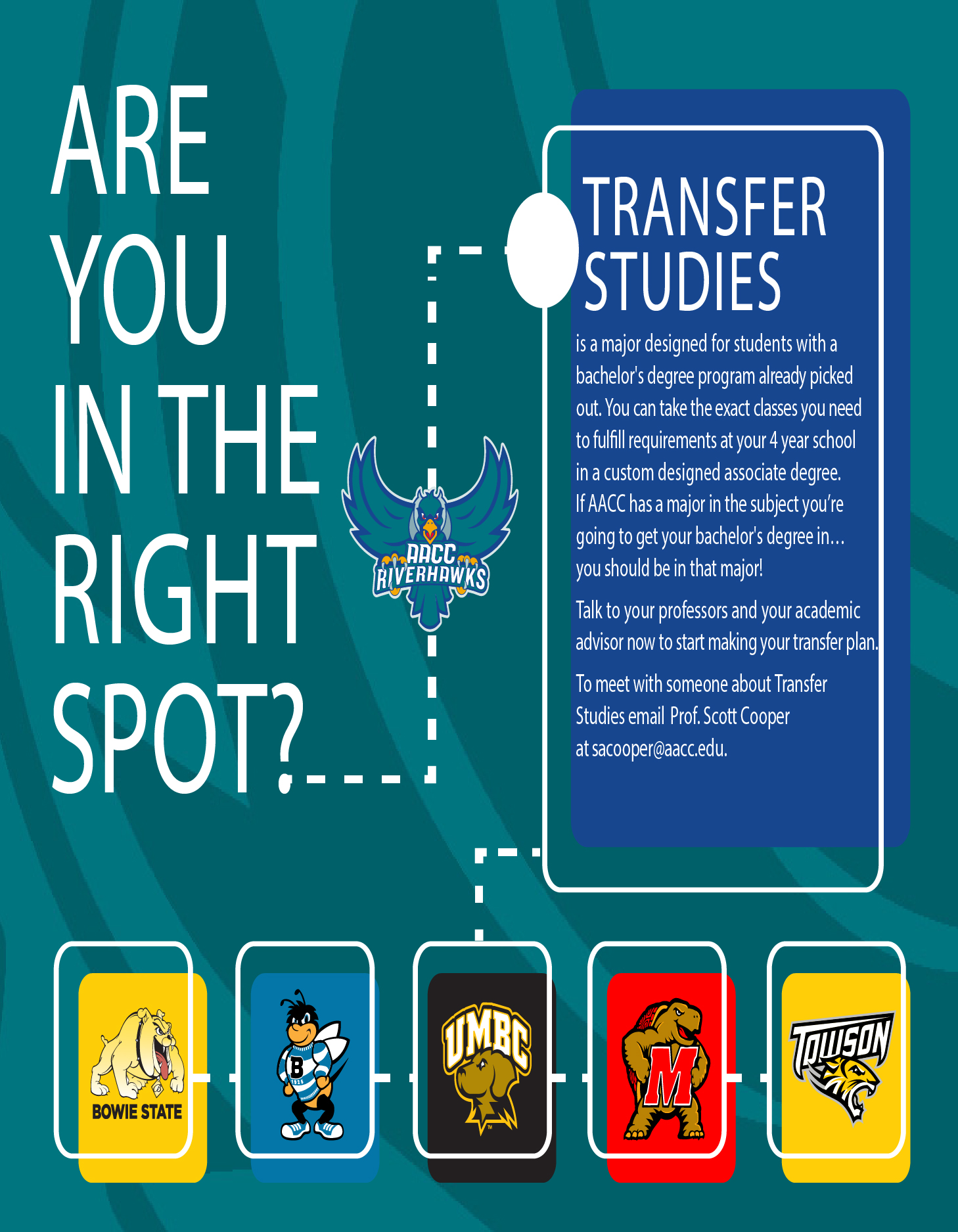SGA members pledge support for Maryland bills
Students join President Dawn Lindsay (center) to meet with state legislators to discuss upcoming bills.
March 2, 2020
Student Government Association members met with state legislators in February to advocate for proposed education laws that would benefit AACC and other Maryland community colleges.
The students focused on four pieces of legislation:
Community College Promise Scholarship
One proposal under consideration would open up the Maryland Community College Promise Scholarship—$5,000 tuition grants to qualified community college students—to more recipients.
The legislation would remove the requirement that applicants must have graduated from high school within two years of receiving the scholarship.
AACC’s assistant director of financial aid Shanna Kibler said prior applicants for the scholarship, which began last fall, had to have graduated from high school in 2018 or 2019 to qualify.
The state already lifted another restriction for the next round of applicants: They no longer need to be enrolled in for-credit classes.
Previously the program was open only to students taking at least 12 credits per semester.
Transfer with Success Act
The Transfer with Success Act would require four-year universities to explain their reasons when they do not accept credits for a course that a transfer student completed at a community college.
Eden Durbin, the chief of staff for the bill’s main sponsor, Delegate Jared Solomon of Montgomery County, said the bill would help community college administrators and students understand why some credits do not transfer.
Durbin said she has met “young people who [try to] transfer from community colleges into four-year institutions and have been told that … one or two classes, in fact, did not transfer.”
Student Government Association President Mitchell Santos, a second-year creative writing student, said the bill is “really important to me” because he is transferring to a four-year school in the fall.
Supplemental Services and Supports for Students with Disabilities Grant Program
Designed to fund a 14-year-old grant program to help community colleges pay for services for students with disabilities, the bill would designate $2.5 million for that purpose.
The grant has not been funded since 2008. Community colleges waive tuition for students with disabilities.
The Legislature “eliminated the funding entirely and we haven’t been able to get that replenished since,” Jody Kallis, legislative director of the Maryland Association of Community Colleges, said.
The bill would designate money for “a number of wraparound services needed [by] students with disabilities,” Kallis said.
Santos said the program would “basically [be] giving [AACC] more funding so we can better accommodate students that have different disabilities.”
Governor’s Budget Reconciliation and Finance Act of 2020
Kallis said the governor’s Budget Reconciliation and Finance Act lowers funding for community colleges.
Kallis said the budget for community colleges has been reduced eight times “since the downturn of the economy.”
Santos said he strongly opposes BRFA.
“That’s a huge [issue] because it would cut [AACC’s state] funding … and that’s not good at all,” Santos said.
Second-year graphic design student Victory Ho said she opposes BRFA.
“If we don’t have this, many of the students coming to community college won’t have the opportunity to get the education they need,” Ho said. “Personally, I am attending community college because I can’t afford a university. Being able to have some support from the government gives me peace.”











